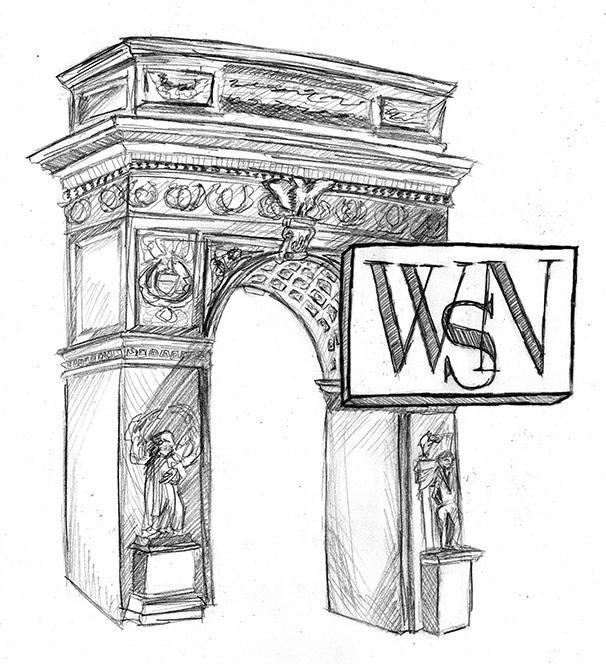NYU’s recently published 2017 tax returns show that the university has made some questionable financial decisions — like overpaying former university administrators and underfunding financial aid. This news is particularly upsetting given this Editorial Board’s recent criticism of the university’s decision to under-advertise vital resources for students. The tax returns provide more questions than answers — NYU only lists what they’re required to by law. In response to the recent analysis of their tax returns by WSN, NYU has the opportunity to take a major step towards financial transparency and affordability by releasing a full financial report for the 2017 fiscal year.
One of the key highlights of the tax returns analysis was executive pay. During a meeting of the Board of Trustees, NYU President Andrew Hamilton highlighted that NYU is still the 39th most expensive university. While his affordability initiatives might be technically working, they aren’t enough. Hamilton receives a $1.5 million salary, with a $250,000 annual bonus and $200,000 in benefits. Hamilton’s income is more than ironic given his decision to “prioritize” affordability. The highest undergraduate tuition cost in 2017 was Tisch School of the Arts’ $53,882 per year. Hamilton’s salary could be used to give at least 27 students full scholarships. And while NYU’s executive salaries are similar to those of other universities, this should not be an excuse — especially if NYU wants to be a leader in affordable higher education.
Beyond overspending in the wrong areas, NYU has also consistently shown it underspends in areas that students desperately need. The university has underpromoted student resources like S.P.A.C.E. and Courtesy Meals. NYU Local reported that out of 60 students they asked about S.P.A.C.E., none knew it existed. The Courtesy Meals Program saw a spike in use immediately after publicly announcing the program. The increase should be considered with the overwhelming problem of food insecurity on college campuses — nearly half of two-year and four-year undergraduate students face food insecurity nationwide. At NYU, more than 20% face difficulty affording food, according to the Being@NYU survey in October 2018. What seems to be at the root of NYU’s under-advertisement is cost: the university spent 67 times more on Dining Dollars following the advertisement of the program.
NYU’s Student Health Center has also been consistently understaffed, causing prolonged wait times. While NYU has recently launched a new initiative to address the long wait times, their program does not fix the problem. The notion that an initiative has been introduced further indicates that the university would rather put short-term solutions — like S.P.A.C.E. — over devoting money to permanent solutions that will help save students’ lives. The tax returns force us to question whether or not the university is spending the appropriate amount of money in the areas that students — not administrators — need most.
As NYU students, we don’t know how our university’s budget is allocated, because it has decided that we don’t have the right to know.
Instead, the fiscal 2019 budget — the only information relating to the budget that NYU releases on its website — simply says which departments within the university receive what percentage of NYU’s enormous budget. The current available budget is also outdated; the 2020 budget was supposed to be released this past June. By being vague about the allocation of its funds, NYU is able to use the funds within those departments in whichever way they think is best — which doesn’t always mean what’s best for their students.
Currently, NYU releases a consolidated financial report with limited information about cash flows and activities. In addition, the 990 form tax returns contain information about its revenues, expenses, assets and liabilities. Beyond this limited picture, there is no public information regarding how tuition money is spent or the reasons behind the university’s financial decisions.
Releasing a financial report of NYU’s spending is in the university’s best interests. By releasing more detailed information about the university’s finances, NYU can show how it prioritizes its spending. Tuition revenue for 2017 was $2.5 billion, just $500,000 dollars shy of the total cost for the university portion of the fiscal budget for the same year. As students, all of us chose to be here — we have a tangible interest in being here, perhaps more than any other member of the community. Helping students better understand how their money is spent is the first step to ensuring it’s being spent in the right areas and in the best interests of the students. Until the university can show students where their money is going, their message of affordability is unlikely to be heard or felt.
A version of this article appeared in the Tuesday, Oct. 15, 2019 print edition. Email the Editorial Board at [email protected].























































































































































